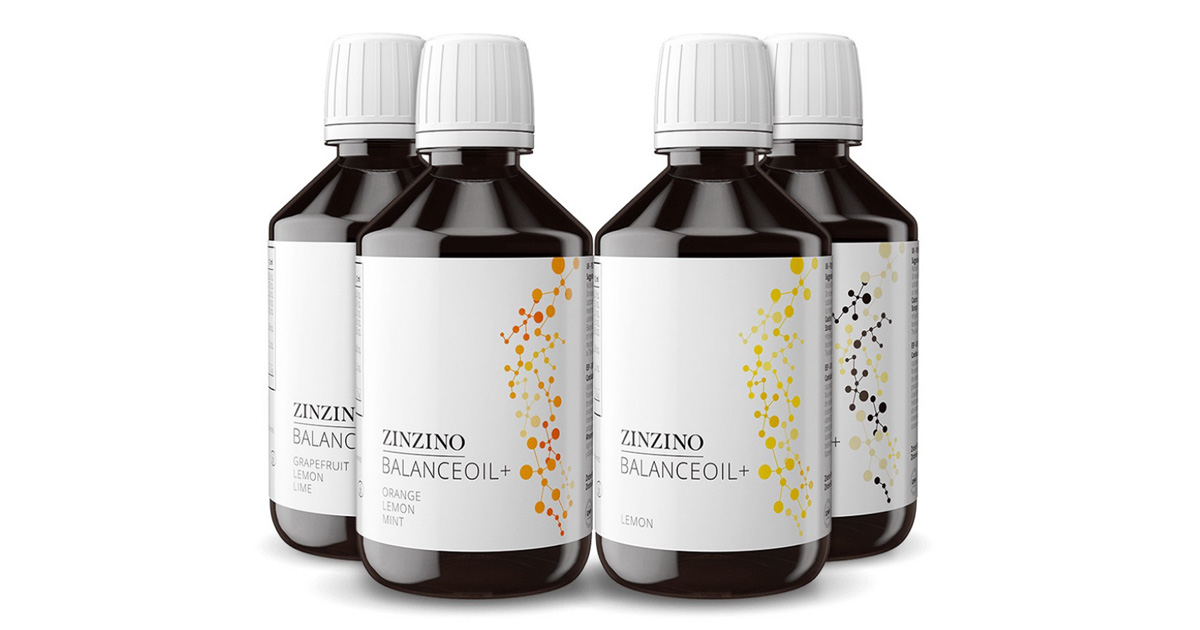
Ancient Philosophers' Secret for Better Brain Functionality: Omega-3 and Olive Oil
The wisdom of the ancient philosophers continues to echo through the ages, their beliefs and practices often presenting timeless truths. One such truth that has been gaining scientific traction in recent years is the ancient philosophy of better brain functionality through nutrition. Notably, two specific elements often present in the diets of ancient philosophers were omega-3 fatty acids and olive oil.
The Wisdom of Nutritional Philosophy
Several ancient philosophical traditions recognized the connection between diet and cognitive function. The ancient Greeks, for example, advocated for a balanced diet to maintain both physical and mental health. Hippocrates, the father of Western medicine, famously said, "Let food be thy medicine and medicine be thy food."
Greek philosophers such as Socrates, Plato, and Aristotle often emphasized the importance of a healthy diet, which included fish rich in omega-3 fatty acids and olive oil. It seems they innately understood what modern science is beginning to quantify: that these foods are not merely sources of calories, but essential contributors to cognitive function and overall brain health.
The Power of Omega-3
Omega-3 fatty acids are a type of fat the body can't produce on its own and must obtain from food. They're found in abundance in oily fish, such as mackerel, salmon, and sardines—foods that would have been staples in the diet of coastal regions in ancient times.
Research has shown that omega-3 fatty acids play a crucial role in brain health. They're a key component of cell membranes and are involved in several vital brain functions. Omega-3 fatty acids can improve brain plasticity, leading to better memory and learning abilities.
Moreover, they have anti-inflammatory and antioxidant effects, which can protect against brain aging and damage. They've also been linked to a lower risk of mental disorders like depression and ADHD. These effects would undoubtedly have contributed to the profound thinking and mental longevity of the ancient philosophers.

The Role of Olive Oil
Olive oil, particularly extra virgin olive oil, was another essential component of the ancient philosophers' diet. In the Mediterranean, the olive tree was seen as a symbol of wisdom and peace, and its oil used extensively in cooking.
Modern science now understands that olive oil is rich in monounsaturated fats and contains polyphenols, compounds that can help reduce oxidative stress and inflammation in the brain. It's also known to improve learning and memory by enhancing the communication between brain cells.
In a broader context, olive oil is a staple of the Mediterranean diet, which has been linked to lower rates of cognitive decline and a reduced risk of developing Alzheimer's disease. This effect can, in part, be attributed to the regular consumption of olive oil.
The Modern Challenge: Finding High-Quality Omega-3 and Polyphenols
Despite the established benefits of omega-3 fatty acids and olive oil rich in polyphenols, a significant challenge persists: it's not always easy to obtain high-quality sources of these nutrients in our modern diet.
Omega-3 fatty acids, particularly those found in oily fish, can sometimes be challenging to incorporate into our meals due to availability, cost, or dietary preferences. Furthermore, concerns about overfishing and the presence of heavy metals or pollutants in fish have added complexity to relying solely on diet for omega-3 intake.
Similarly, while olive oil is widely available, not all olive oils are created equal. The levels of health-promoting polyphenols can significantly vary depending on the type of olive oil, how it's processed, and how it's stored. Many commercially available olive oils have lower polyphenol content due to the manufacturing process, which often involves heat or chemicals that can degrade these beneficial compounds.
Important note: both omega-3 and olive oil significantly lose their nutritional value if cooked in high temperature?
The Solution: Special Supplements
To ensure consistent and sufficient intake of these essential nutrients, specially formulated supplements can be a practical solution. Omega-3 supplements, usually in the form of fish oil or algae oil capsules, can provide the necessary dose of these fatty acids without the concerns associated with consuming fish.
As for polyphenols, supplements derived from olives or other rich sources can help fill the gap left by most commercially available olive oils. These supplements undergo special processing to retain high polyphenol levels, providing the antioxidant and anti-inflammatory benefits that our brains need for optimal function.

A Balanced Approach
While the use of supplements can be beneficial, they should not replace a balanced, whole-food diet but rather complement it. A varied diet rich in fruits, vegetables, lean proteins, and whole grains will provide a wide range of essential nutrients that work synergistically for overall health.
It is always recommended to consult with a healthcare professional before starting any supplement regimen to consider individual health needs, potential interactions with medications, and to determine the appropriate dosages.
Conclusion
It seems the ancient philosophers had a secret weapon for their cognitive brilliance: their diet. The inclusion of omega-3 fatty acids and olive oil in their meals was not only a matter of taste or tradition, but also a way to nurture their brains, enabling them to ponder the mysteries of existence and lay the foundations of Western philosophy.
Today, as science begins to unravel the mechanisms behind these dietary effects, we find ourselves re-discovering and appreciating the wisdom of the ancients. By adopting some of their dietary practices, we might improve our own cognitive function and overall brain health.
However, while our modern diets may not always make it easy to replicate the nutrient intake of the ancient philosophers, we're fortunate to have the option of high-quality supplements to help bridge the gap. By combining these with a balanced diet and a curious, philosophical mind, we can strive to achieve the optimal brain functionality that our ancestors would be proud of.
Scandinavian company pioneering in the field of next generation nutrition
Even though there are plenty of companies providing omega-3 supplements, the question is whether the ingredients of the product are really combined in such a formula that really mimics the nature? Simply put, do they really work?
The Zinzino provides a twofold solution to such concerns.
Firstly, the synergistic formulation of the Omega-3 resembles oily fish more than fish oil. The BalanceOil puts the polyphenols back into the picture ensuring that Omega-3 stay fresh, potent and bioavailable for the body to benefit.
Secondly, the simple, yet extremely powerful BalanceTest analyzed in the independent laboratory provides deep insight into your personal Omega profile. It reveals if your diet and/or supplementation actually covers your personal needs for Omega-3. Notably, several unique measurements are provided, e.g. mental strength, cell membrane fluidity, omega-6 to omega-3 ratio etc.


